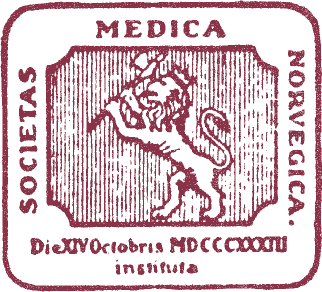New approaches in public health
Michael 2004; 1: 183–4.
It is an international experience that the field of public health faces difficulties in many countries at the turn of the twentieth century, although borders have been opened up for trade and travel, and information floods more unhampered than ever. Only few would dislike the many positive traits of modern societies.
Yet, there are also some negative sides of the development, e.g. as seen from a health perspective. Liberal economies spark widening of class differences and leave large groups in developing countries and in countries in the process of social change, as in Eastern Europe, with new inequalities and inequities in health. Countries hailing long traditions with the welfare state principles, as the United Kingdom and in Scandinavia, risk stagnation or even dismantling of health care systems because of new economic realities and political shifts away from the previously strong community concern by social democratic and ideologically related governments.
A strong public health science and a correspondingly potent public health practice, taking care of the group and long time perspectives of medical care, meet with a new environment. New approaches are obviously needed both in research and practical work.
Norway hosts the 2004 EUPHA conference, where a large number of professionals within public health meet under the auspices of the European Public Health Association. Following the initiative of a Norwegian senior public health official, Deputy Director general Hans Ånstad (ret.), a preseminar entitled Research and practice in public health – new approaches was arranged in the premises of The Norwegian Academy for Science and Letters (DNVA), Oslo on September 15, 2004, where the problems of public health were discussed as seen from a Norwegian point of view. As the editors of the medical journal Michael we want to thank Dr. Ånstad for his engagement and enthusiasm, and we are pleased to be able to present the introductions and some of the comments at the seminar in this issue of Michael. In addition to be circulated to its subscribers, this issue also goes to the participants at the EUPHA conference, where it hopefully will provoke further debate.
Our thanks are also due to the Norwegian Academy for Science and Letters and to the Norwegian Medical Society for financial support. In addition,the seminar was a joint venture by the Department for general practice and community medicine at the University of Oslo, the European Public Health Association, the Norwegian Society of Public Health, the National Nature-Culture-Health Centre in Norway and the Akershus University College.
